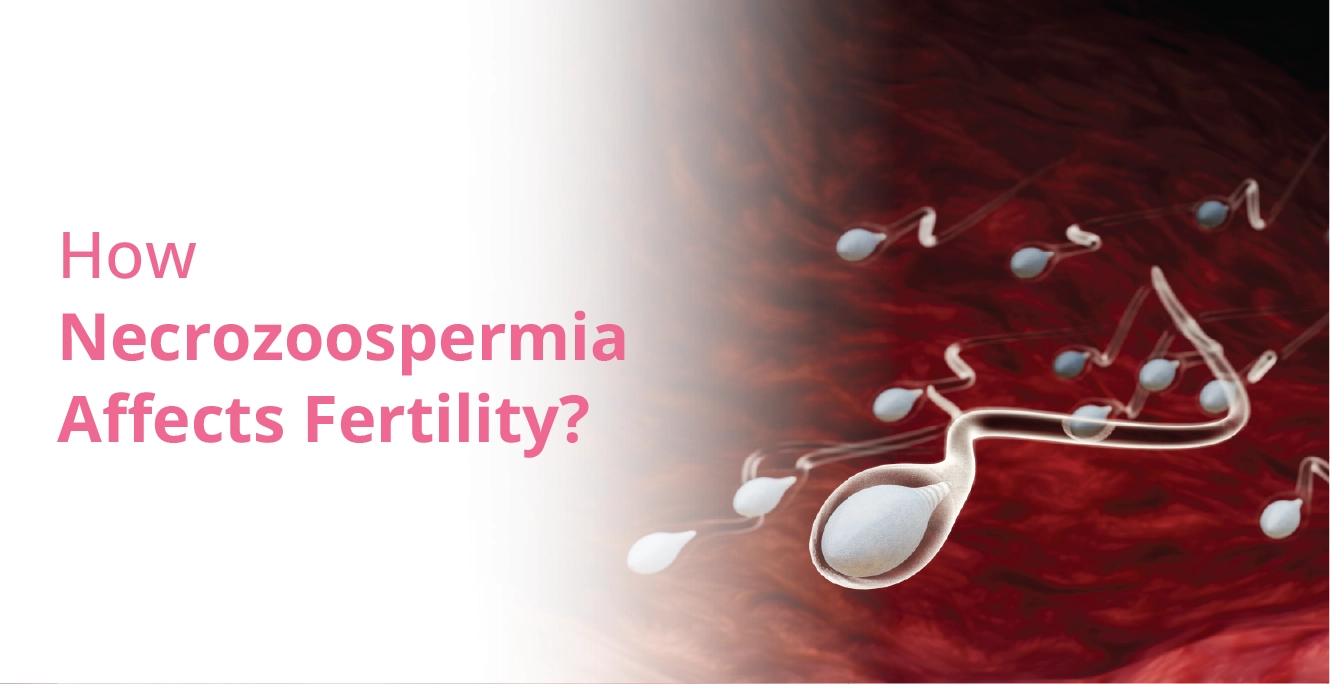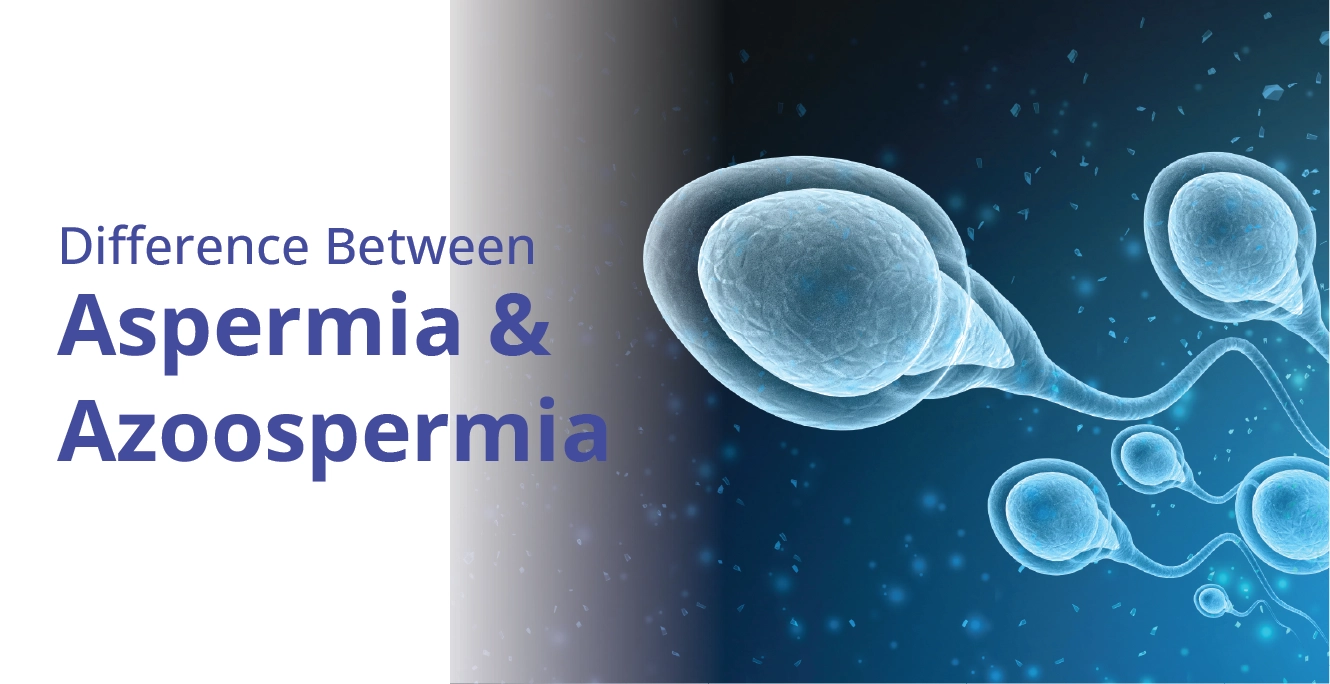
Problems related to male reproductive system

Table of Contents
Male factor infertility is more widespread than you think. 33% of all infertility cases are linked to problems with the male partner’s reproductive system.
Studies suggest that after 1 year of unprotected sexual intercourse, 15% of couples are unable to conceive, and after 2 years, 10% of couples still have not achieved a successful pregnancy. In couples younger than age 30 who are generally healthy, 20% to 37% are able to conceive in the first 3 months.
What happens normally?
The man’s body makes male gametes called sperm. During intercourse, a man ejaculates millions of sperms into the woman’s body.
The male reproductive system makes stores and transports sperm. Chemicals in the male body are called hormones to control this. Sperm and male sex hormone (testosterone) are made in the 2 testicles. The testicles are in the scrotum, a sac of skin below the penis. When the sperm leave the testicles, they go into a tube behind each testicle. This tube is called the epididymis.
Just before ejaculation, the sperm go from the epididymis into a set of tubes called the vas deferens. There each vas deferens joins the ejaculatory duct from the seminal vesicle. When a man ejaculates, the sperm mix with fluid from the prostate and seminal vesicles. This forms semen. The semen then travels through the urethra and out of the penis.
Male fertility depends on the quality and quantity of sperm. The system only works when genes, hormone levels and environmental conditions are right.
Why does this happen?
Sperm Disorders
The common problems are-
Sperm may:
- not grow fully
- be oddly shaped
- not move the right way
- be made in very low numbers (oligospermia)
- not be made at all (azoospermia)
Sperm problems can be from traits you’re born with. Lifestyle choices can lower sperm numbers. Smoking, drinking alcohol, and taking certain medications can lower sperm numbers. Other causes of low sperm numbers include long-term sickness (such as kidney failure), childhood infections (such as mumps), and chromosome or hormone problems (such as low testosterone).
Damage to the reproductive system can cause low or no sperm. About 4 out of every 10 men with a total lack of sperm (azoospermia) have an obstruction (blockage). A birth defect or a problem such as an infection can cause a blockage.
Varicocele
Varicoceles are swollen veins in the scrotum. They’re found in 16 out of 100 of all men. They are more common in infertile men (40 out of 100). They harm sperm growth by blocking proper blood drainage. It may be that varicoceles cause blood to flow back into your scrotum from your belly. The testicles are then too warm for making sperm. This can cause low sperm numbers.
Retrograde Ejaculation
Retrograde ejaculation is when semen goes backwards in the body. They go into your bladder instead of out the penis. This happens when nerves and muscles in your bladder don’t close during orgasm (climax). Semen may have normal sperm, but the semen cannot reach the vagina.
Retrograde ejaculation can be caused by surgery, medications or health problems of the nervous system. Signs are cloudy urine after ejaculation and less fluid or “dry” ejaculation.
Immunologic Infertility
Sometimes a man’s body makes antibodies that attack his own sperm. Antibodies are most often made because of injury, surgery or infection. They keep sperm from moving and working normally. We don’t know yet exactly how antibodies lower fertility. We do know they can make it hard for sperm to swim to the fallopian tube and enter an egg. This is not a common cause of male infertility.
Obstruction
Sometimes sperm can be blocked. Repeated infections, surgery (such as vasectomy), swelling or developmental defects can cause blockage. Any part of the male reproductive tract can be blocked. With a blockage, sperm from the testicles can’t leave the body during ejaculation.
Hormones
Hormones made by the pituitary gland tell the testicles to make sperm. Very low hormone levels cause poor sperm growth.
Chromosomes
Sperm carry half of the DNA to the egg. Changes in the number and structure of chromosomes can affect fertility. For example, the male Y chromosome may be missing parts.
Medication
Certain medications can change sperm production, function and delivery. These medications are most often given to treat health problems like:
- arthritis
- depression
- digestive problems
- infections
- high blood pressure
- cancer
Summary
Abnormal sperm production or function due to undescended testicles, genetic defects, health problems such as diabetes, or infections such as chlamydia, gonorrhoea, mumps or HIV. Enlarged veins in the testes (varicocele) also can affect the quality of sperm.
Problems with the delivery of sperm due to sexual problems, such as premature ejaculation; certain genetic diseases, such as cystic fibrosis; structural problems, such as a blockage in the testicle; or damage or injury to the reproductive organs.
Overexposure to certain environmental factors, such as pesticides and other chemicals, and radiation. Cigarette smoking, alcohol, marijuana, anabolic steroids, and taking medications to treat bacterial infections, high blood pressure and depression also can affect fertility. Frequent exposure to heat, such as in saunas or hot tubs, can raise body temperature and may affect sperm production.
Damage related to cancer and its treatment, including radiation or chemotherapy. Treatment for cancer can impair sperm production, sometimes severely.
Way Ahead
Technological advances have made it simpler to diagnose male infertility and there exists a number of procedures that attempt to cure this condition. These include assistance right from sperm production (RTE/PVS), surgically harvesting sperm (TESE/MESE), injecting sperm directly into the female reproductive tract (IUI) or injection of one sperm into selected eggs from the female partner (ICSI)
The cultural setup in the world of today is more accommodating of infertility as a condition that warrants care and medical intervention rather than as a weakness of the individual. If you have been diagnosed with male infertility, reach out to a trusted doctor immediately.
Our Fertility Specialists
Related Blogs
To know more
Birla Fertility & IVF aims at transforming the future of fertility globally, through outstanding clinical outcomes, research, innovation and compassionate care.
Had an IVF Failure?
Talk to our fertility experts

 Our Centers
Our Centers




















